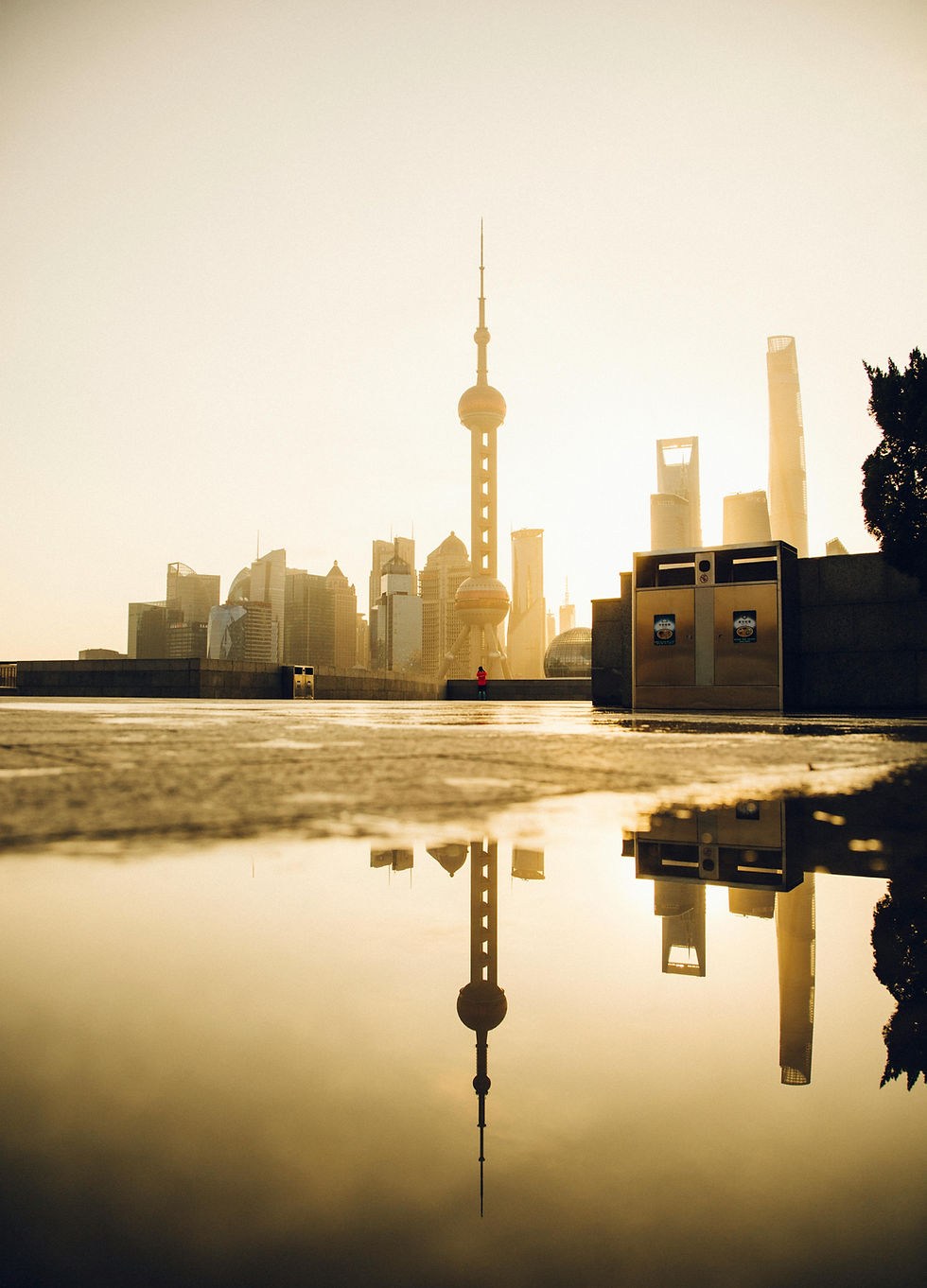The End We Start From
- Citizens' Platform

- Jun 10, 2024
- 3 min read
by Alberto Sclaverano for Citiplat
Moving survival drama offers a reflection on the climate crisis
Based on the successful novel of the same title by author and poet Megan Hunter, which has been adapted by screenwriter Alice Birch, Mahalia Belo’s survival drama focused on the human aspect of the events, with a little component of science-fiction that remains relatively in the background.
The End We Start From has received critical praise since its premiere at the 2023 Toronto International Film Festival. It was subsequently screened in the “Grand Public” section of the Rome Film Festival in October 2023, and theatrically released in the UK and USA at the beginning of 2024, when it was met with widespread critical acclaim.
Set in England shortly, when the consequences of climate change have led to a global environmental crisis, it chronicles the struggle for the survival of a family composed by the main female character, a Woman who is never referred to by her name, and her husband, simply called R. All the characters in the movie are identified just from the initial letters of their names.
So, the Woman, who gives birth to her son, Z, at the beginning of the film, and his partner seem to be a metaphor for the whole of humanity, much like the characters of The Man and The Boy in Cormac McCarthy’s masterpiece novel The Road, which has very likely influenced Hunter’s book. When a devastating flood submerges London, millions of people like the protagonists are forced to flee to the countryside in search of a place in which they can be safe.
The movie brings the terrible images that we often see in the news, related to the refugee crisis in the Global South, at the center of the developed world. The UK portrayed in The End We Start From has become a country of climate refugees, where civilization and the state are collapsing and people often experience violence from other desperate ones and the authorities that struggle to deal with the dimension of the humanitarian crisis. Refugee camps and food and medicines shortages become part of everyday life for the UK inhabitants.
The End We Start From is a moving drama about a mother and her will to save her child and give him a better future, and also a love story between two people who risk being separated by a natural catastrophe. But it is also a powerful meditation on the climate crisis and the consequences of ignoring climate change.
The connection between the movie’s two levels of interpretation is made explicit in the early scenes by the editing, which compares the water breaks of the Woman, who brings life, and the water brought by the rain, which is a consequence of the ecological crisis and means death for humankind. All the things that are already affecting the poorest parts of the world, including the migration of millions of climate-related refugees, who ran from the desertification or flooding of their lands, could one day happen in the rich countries too. The climate crisis is a global impending disaster that no one will be safe from, the film suggests.
European Union and the US governments often use every means to stop migrants from entering their territory, while far-right parties ask for even harsher measures against them, and exploit the crisis for their political gain. The film helps us to reflect that in the not-so-distant future, we can become the same refugees we have rejected today. Fighting climate change now is a necessity for ourselves and the next generation, is the message.
But despite this grim portrayal of the future, the movie’s final message is not pessimistic. It celebrates motherhood, solidarity, and love, suggesting that civilization can always be rebuilt if there are people who want to fight for their friends and relatives, and that a more positive relationship with nature is possible.
Well-acted and enhanced by beautiful cinematography, The End We Start From is certainly one of the most fascinating movies to come from the English cinema in quite some time. The film stars Jodie Comer and Joel Fry as the main characters, while more well-known actors Benedict Cumberbatch and Katherine Waterston play minor roles. It was produced by several independent British film companies, in partnership with BBC Film.









Comments